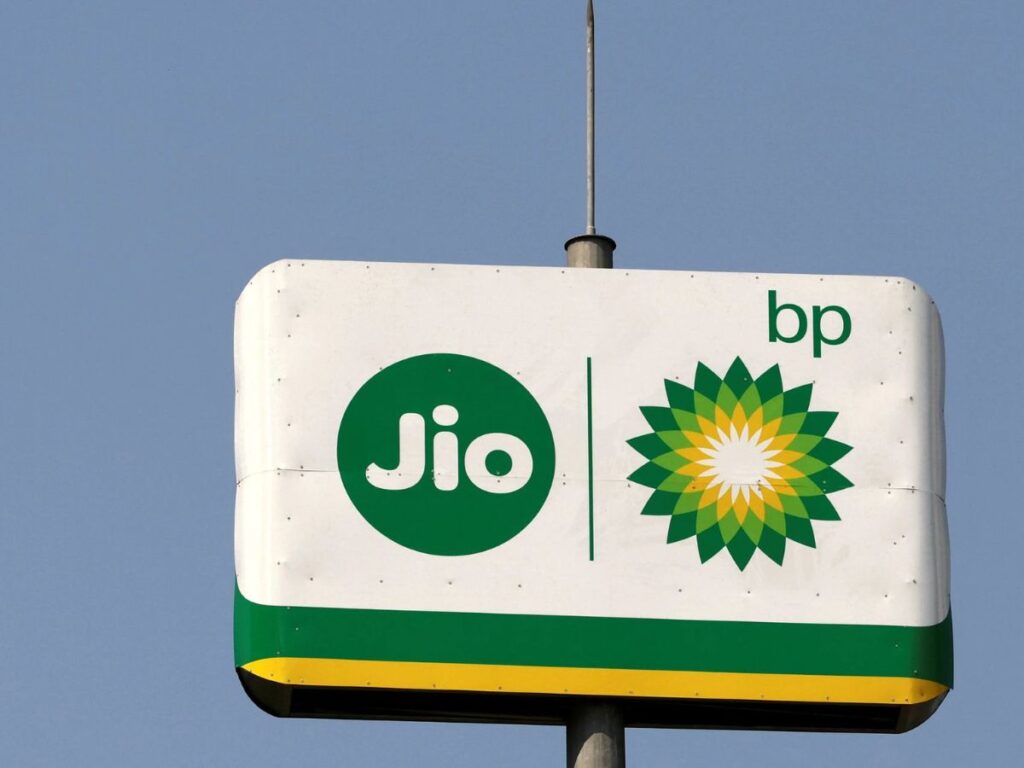Reliance Industries Ltd (RIL)-BP JV, Jio-bp, plans to roll out more than 30,000 electric vehicle (EV) charging points in India by 2030. The development is a response to the increasing number of electric two-wheelers in India and an attempt to tilt towards the infrastructure required for the transition.
The Rise of Electric Two-Wheelers
The penetration of electric two-wheelers in India has been on the growth path, with the rate of penetration having surpassed 6% in 2024. The growth from 4% in 2022 reflects rising popularity of EVs. Jio-bp’s move is being viewed as a strategic move in this direction with the objective of eliminating range anxiety, one of the major roadblocks to the adoption of EVs.
One of the most significant features of Jio-bp’s charging station plan is that it is very sustainability-centric. Almost 70% of the energy at their stations will be renewable energy, and that too mainly solar power. That is important because it brings down the carbon footprint of EVs, which have been criticized for running on coal-based electricity in India.
EV charging stations are a giant leap towards fighting range anxiety, or the fear of draining out of power with no charging station in the vicinity. In working towards such an omnipresent network, Jio-bp is not only increasing its reach but also bringing electric mobility within the reach of Indian consumers and making it convenient.
Strategic Partnerships and Milestones
Jio-bp has already come a long way, opening its 5,000th EV charging station in September and installing 500 charging points nationwide. These are all part of a bigger plan to partner with various stakeholders, including the government’s PM E-drive scheme, which has pledged ₹2,000 crore towards promoting EV infrastructure.
Industry experts have stated that EV growth is initiated in the forward direction when it hits 5% market penetration, a milestone that India has achieved in two-wheelers. This, sources have stated, instills healthy conditions for EV charging infrastructure growth. Currently, however, electric two-wheelers have achieved this milestone while electric four-wheelers still trail behind, potentially meaning segments where additional priority might be required.
Conclusion
Jio-bp’s mission to set up more than 30,000 charging stations by 2030 is a bet to make India a world leader in electric mobility. By aiming at the utilization of clean energy sources and planning their expansion, they are not only bringing in the electric vehicle revolution but also making all the efforts towards the country’s giant green objectives. The initiative has the potential to be the trendsetter for other businesses interested in solving the EV infrastructure problem in India.
Read Also: India Requires 3.9 Million EV Charging Stations by 2030

